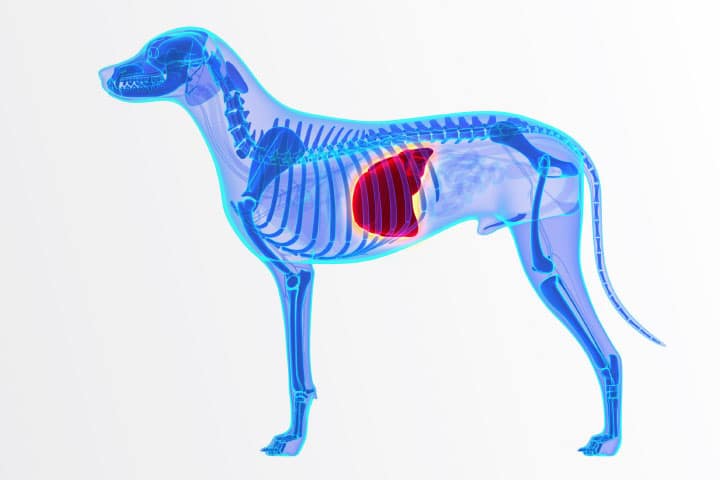Investigating Liver Disease
Liver disease can be associated with specific clinical signs such as jaundice, non-specific clinical signs such as hyporexia, or can be asymptomatic and discovered incidentally when performing biochemistry tests for other reasons. It is important to be aware that liver disease may be primary (inflammatory hepatopathies, copper accumulation etc), or secondary to other pathologies within…
Read MoreVaccination on Patients on Immunosuppressive Medications and Chemotherapy
Deciding whether to vaccinate an animal on immunosuppressive medication or chemotherapy is challenging. Vaccination in such patients is not sanctioned by vaccine companies, as they have not thoroughly investigated their products in this setting. There is some experimental data to offer guidance in these situations, but this is limited. As both pet owners and vets,…
Read MoreInterpreting Pancreatic Lipase (PL) Results in Dogs with a Balanced Overview
Acute pancreatitis is a common cause of vomiting, inappetence, lethargy and abdominal pain in dogs, but confidently diagnosing pancreatitis can be a challenge. Biochemical changes seen in acute pancreatitis can include liver enzyme elevation, hyperbilirubinaemia, mild hypoalbuminaemia and markers of dehydration, but these findings can be seen in many other diagnoses of course. Amylase and…
Read MoreThe Thyroid and The Kidneys: a Love-Hate Relationship!
Hyperthyroidism and chronic kidney disease (CKD) are common conditions in older cats, so it is not terribly surprising that they can occur in the same patient. Hyperthyroidism “artificially” increases renal blood flow and glomerular filtration rate, potentially therefore masking renal insufficiency. Following therapy, when euthyroidism is restored, the true state of the cat’s renal function…
Read MoreManaging Subclinical Bacteriuria
In a time where there is increasing evidence that bacteria isolated from the urine of dogs and cats (and people!) is not always synonymous with a urinary tract infection, it can be increasingly confusing knowing when to reach for antibiotics. Hopefully the answers here will help clarify the current thinking on the management of bacteriuria.…
Read MoreAppropriate Antibiotic Usage in Practice
Antibiotic resistance is a serious concern facing both human and veterinary medicine, therefore it is vital that we use antibiotics appropriately. Here we present several conditions for which their use can be avoided, in the hope of increasing confidence when it comes to saying no to antibiotics. Pancreatitis In contrast to humans, dog with pancreatitis…
Read MoreDiabetes Mellitus
Diabetes Mellitus can be a frustrating condition for both owners and clinicians alike. Establishing the correct insulin dose to ensure clinical signs are controlled and complications such as ketoacidosis and hypoglycaemic seizures are avoided can be time consuming, confusing and in some cases, it can seem impossible! A myriad of both traditional and novel monitoring…
Read MoreEmergency Management of Addisonian Crisis
Hypoadrenocorticism (Addison’s disease) is often called the great pretender because it usually presents with nondescript signs and symptoms. As a result it may be misdiagnosed which can cause a delay in treatment and a life-threatening condition. Although it is uncommon in dogs and even rarer in cats it is important to understand this disease, signs…
Read MoreBack to Basics: Getting to Grips with Diagnosing Cushing’s Disease
Making a confident diagnosis of hyperadrenocorticism (HAC) can be a challenge. This webinar refresher focuses on how to confidently diagnose hyperadrenocorticism; including picking the best endocrine tests and knowing who and when to test. Back to Basics: Getting to Grips with Diagnosing Cushing’s Disease
Read MoreRole of Diet and Nutritional Supplements in the Management of Chronic Kidney Disease
A wide range of diets and nutritional supplements are marketed for the management of Chronic Kidney Disease (CKD). In this webinar Mary Trehy, BSc BVetMed DipECVIM MRCVS, RCVS Specialist in Internal Medicine, explores the options available and the evidence to support their use. Role of Diet and Nutritional Supplements in the Management of Chronic Kidney…
Read More








